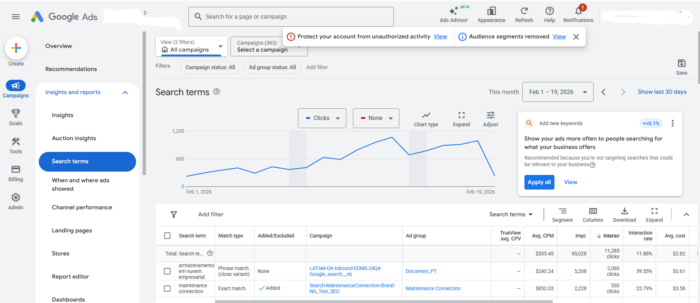How retail credit cards could bankrupt consumers with record high interest rates
Retail credit card debt is accounting for a greater proportion of overall debt in consumer bankruptcies.

More and more people who are filing for bankruptcy have retail credit card debt, and those bills are getting harder to pay off with record-high interest rates.
Store credit cards, which most major retailers offer, typically carry higher interest rates than traditional credit cards because the people who have them tend to have lower credit scores and banks consider them more risky.
But those rates reached an all-time high of an average of 30.45% in September, according to Bankrate. The record rates came after banks raised them in anticipation of the Consumer Financial Protection Bureau capping credit card late fees, which never ended up going into effect.
The card companies didn't roll back the higher rates after their victory in federal court, however.
With record rates and substantial late fees if they miss a payment, consumers are having a harder time paying off debt.
Since 2021, the proportion of people with retail credit card debt that file for bankruptcy has been rising at a faster rate than new filings overall, according to proprietary data and analytics from Stretto, a bankruptcy services firm.
Between 2023 and 2024, new consumer bankruptcy filings rose 5.8% but the number of cases that included retail credit card debt rose 12%, a CNBC analysis of the data shows.
CNBC reached out to Synchrony, Bread Financial, Barclays, Citigroup and Capital One for this story. The banks either declined to comment or didn't respond to our request.
Instead, an industry trade group, the Consumer Bankers Association, had this statement:
"Retail credit cards play an important role in helping consumers manage everyday expenses and build credit," said CBA spokesman Weston Loyd. "Consumers have thousands of options to shop for rates, take advantage of balance transfer offers, and access hardship assistance when needed."
"America's leading retail banks remain focused on competitive card options that provide transparency, responsible lending, and that support customers through a wide range of financial tools to help them make ends meet," Weston said.
For the full story, watch the video above.
Methodology: Cases with retail credit card debt include debt from Synchrony, Bread Financial and Department Stores National Bank, the issuer of Macy's cards. The data is derived from Ch. 7 cases where Stretto's software is being used to administrate and represents about 50% of the overall Ch. 7 market.

 JaneWalter
JaneWalter 
































